For a second year, the CCC has partnered with the Warner College’s Diversity and Inclusion Program to support a cohort of Fellows that includes individuals from demographics historically under-represented in conservation and projects that engage often under-served marginalized communities. Cohort 12 is made up of ten fellows pursuing five collaborative conservation projects with communities across the globe, including:
The CCC and the Warner College of Natural Resources together awarded $67,900 to support their research, engagement with collaborators, and participation in Fellows Program trainings such as stakeholder analysis, power dynamics, and project evaluation.
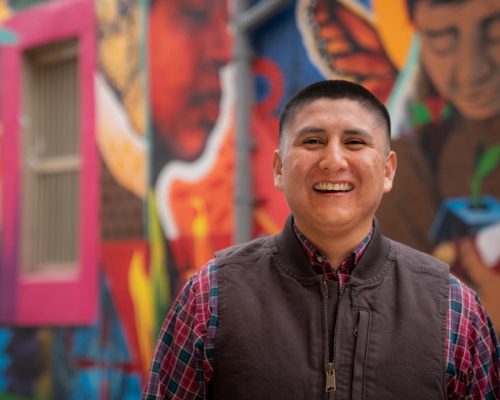
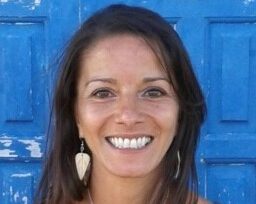
Assistant Professor, Department of Human Dimensions of Natural Resources, WCNR, CSU
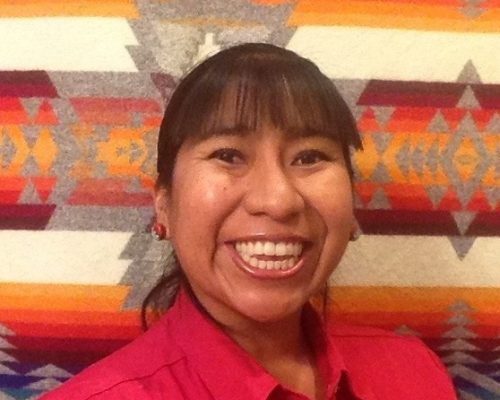
Owner & President, High Water Mark LLC
This project will catalyze watershed-scale change by working with a talented team of Indigenous scientists, researchers, and natural resource managers to reforest critical uplands and build in-stream structures in Capulin Canyon – a tributary to the Middle Rio Grande urban corridor. The project will restore watershed health and ecological integrity to the Middle Rio Grande corridor while protecting and enriching culturally important resources that are crucial to Puebloan lifeways. The collaborative, Indigenous-led project will drive reforestation and in-stream restoration efforts from the headwaters in Capulin Canyon to the confluence with the Rio Grande, benefiting all downstream water users including Indigenous communities and the major urban centers of Bernallillo and Albuquerque, New Mexico.
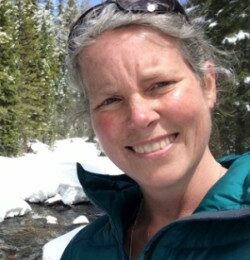
Research Scientist, NREL, and Director of Research and Engagement, CitSci, CSU
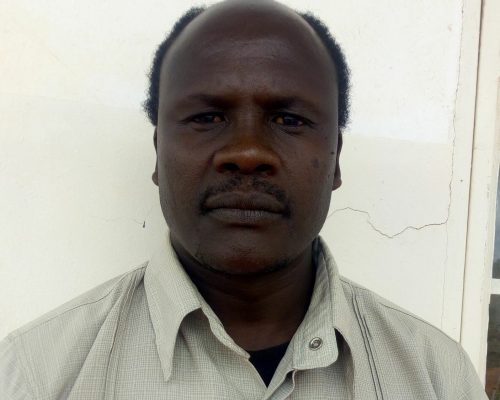
Community Practitioner, Loiborsoit Village, Tanzania
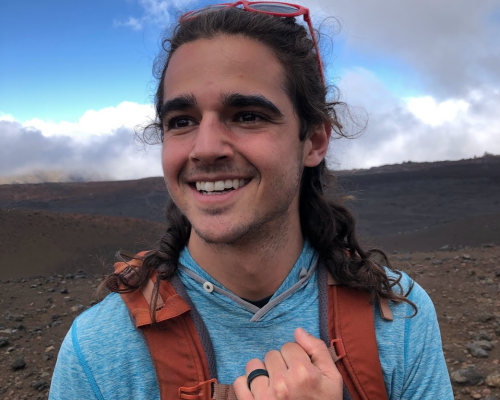
Graduate Student, Ecosystem Science and Sustainability, CSU
The goal of this project is to collaboratively identify and prioritize key problematic plant species in the villages of Sukuro, Kitiengare and Loiborsoit, assess the distribution and impacts that these prioritized plant species have on people’s lives and livelihoods (e.g., forage availability, livestock health, human health and safety), and co-create a citizen science project for community monitoring of these species ensuring engagement by non-literate community members via co-designed features.
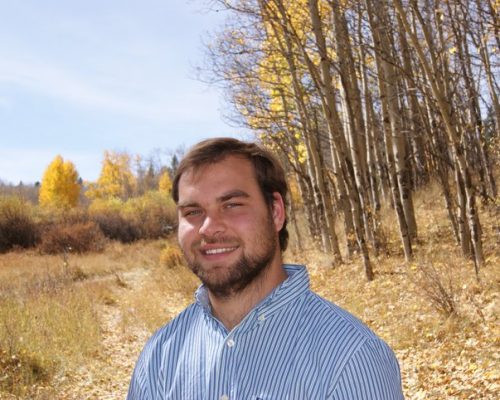
Ph.D. Student, Political Science, Colorado State University
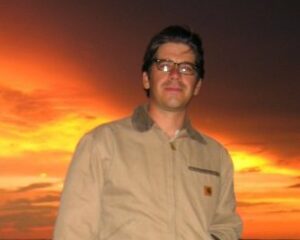
Executive Director, Village Earth
Grupo Semillas, The Seeds of Identity Campaign, and the Seeds of Freedom Network are social movement organizations in Colombia that support indigenous, afro-descendant, and peasant communities. They especially focus on the local control of territories, natural resources, biodiversity, sustainable productive systems, and food sovereignty. In collaboration with local communities, these organizations have supported processes of claiming constitutional rights and declaring GMO-Free Territories in Colombia. Working in partnership with collaborators and local communities, the goal of this project is to facilitate the participatory design of specific processes and concrete actions to implement the juridically declared GMO-Free Territories in Colombia. This project will also network with other communities who are practicing differing strategies of territorial defense for protecting their local livelihoods and biodiversity.
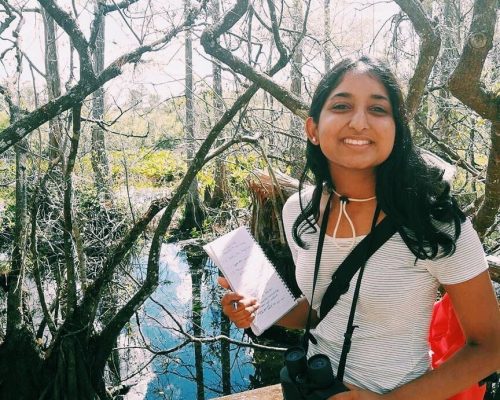
Doctoral Fellow, Centre for Wildlife Studies (CWS), India
In South India, Human-Elephant Conflict (HEC) is a leading cause of human casualties and mortalities, with 400 people killed annually in elephant conflict-associated events alone. Therefore, understanding the risk perception of local community members is imperative to mitigate HEC effectively. In addition, mitigation measures are deployed across landscapes, however, there is a lack of knowledge regarding the effectiveness of these in reducing conflict. The project’s overall goal is to create a community-based information network that will engage with the broader local community of 1,500 members (on the southern Western Ghats of India within the Nilgiris landscape) to aid in conserving wild elephant populations. This project will build networks and partnerships with the communities, based on shared insights and perceptions of Human-Elephant Conflicts.
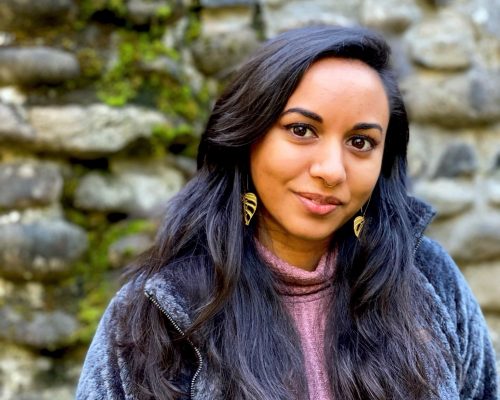
M.S. Student, Graduate Degree Program in Ecology, WCNR, CSU
The Southwest forests of Guatemala are likely to be highly biodiverse, yet there are limited legal forest protections. With only 25% of forest cover remaining, employing effective and stable management is paramount. The continuation of forest degradation perpetuates the loss of rare animal species and the displacement of Mayan farmers that are the holders of Indigenous knowledge of forest conservation. The goal of this project is to work collaboratively with CSU, Trees, Water & People, and the non-profit Utz Che’ to determine the role of Indigenous-led land stewardship in supporting mammalian diversity and use these results to assist in drafting communal forest conservation plans.
363 Michael Smith Building
Warner College of Natural Resources
1401 Campus Delivery,
Colorado State University
Fort Collins, CO 80523
SEE MAP

Apply to CSU | Contact CSU | Disclaimer | Equal Opportunity | Privacy Statement
© 2021 Colorado State University